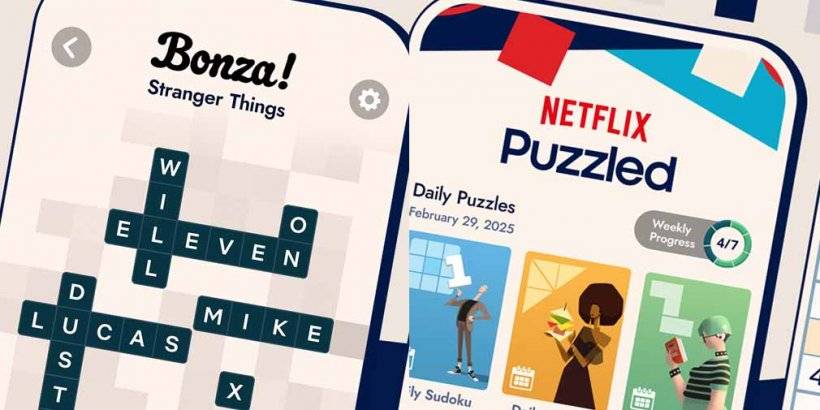Another significant crack has appeared in Apple's once-impenetrable walled garden, as Brazil has now mandated that iOS devices must allow sideloading. Apple has been given a 90-day window to comply with this court order, reflecting similar compliance required in other countries.
Despite plans to appeal, Apple's resistance to sideloading is well-documented. For the uninitiated, sideloading refers to the ability to download and install apps directly onto a device, bypassing traditional app stores. This practice has been a staple for Android users through the use of APK files, enabling the installation of third-party applications.
Apple's stance against sideloading has been firm, rooted in concerns over privacy and security. The issue gained significant attention following Epic's lawsuit against Apple over five years ago, which spotlighted the tech giant's control over its ecosystem.
 PeekabooThe company's primary argument against the Brazilian ruling hinges on privacy, a recurring theme in debates over sideloading and third-party app stores. In 2022, Apple introduced App Tracking Transparency (ATT) changes, which required developers to seek user permission for advertising and limited user profiling capabilities. These changes, while aimed at enhancing privacy, have attracted regulatory scrutiny, particularly because Apple itself was exempted from these restrictions.
PeekabooThe company's primary argument against the Brazilian ruling hinges on privacy, a recurring theme in debates over sideloading and third-party app stores. In 2022, Apple introduced App Tracking Transparency (ATT) changes, which required developers to seek user permission for advertising and limited user profiling capabilities. These changes, while aimed at enhancing privacy, have attracted regulatory scrutiny, particularly because Apple itself was exempted from these restrictions.
Despite these efforts, Apple continues to face challenges. The push for sideloading, third-party storefronts, and other reforms is gaining momentum, not just in Brazil but also in regions like Vietnam and the European Union. It appears that the era of Apple maintaining strict control over its ecosystem is gradually waning.
While Apple navigates these legal and regulatory hurdles, mobile gaming enthusiasts might be more interested in exploring new titles. Check out our curated list of the top five new mobile games to try this week, featuring exciting releases from the past seven days.

 PeekabooThe company's primary argument against the Brazilian ruling hinges on privacy, a recurring theme in debates over sideloading and third-party app stores. In 2022, Apple introduced App Tracking Transparency (ATT) changes, which required developers to seek user permission for advertising and limited user profiling capabilities. These changes, while aimed at enhancing privacy, have attracted regulatory scrutiny, particularly because Apple itself was exempted from these restrictions.
PeekabooThe company's primary argument against the Brazilian ruling hinges on privacy, a recurring theme in debates over sideloading and third-party app stores. In 2022, Apple introduced App Tracking Transparency (ATT) changes, which required developers to seek user permission for advertising and limited user profiling capabilities. These changes, while aimed at enhancing privacy, have attracted regulatory scrutiny, particularly because Apple itself was exempted from these restrictions. LATEST ARTICLES
LATEST ARTICLES 











